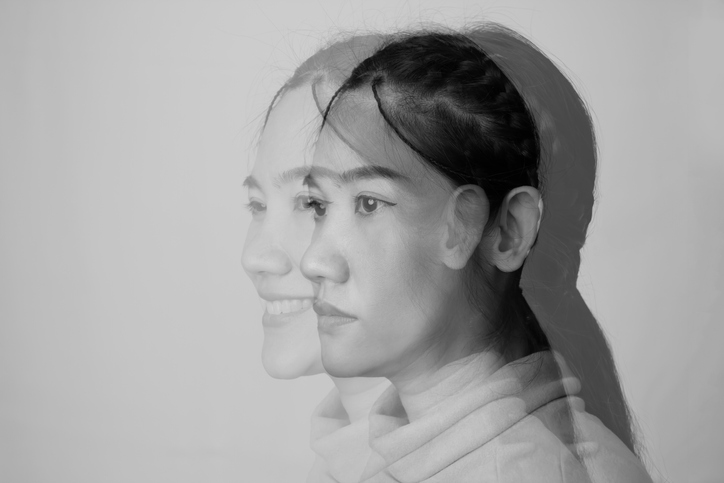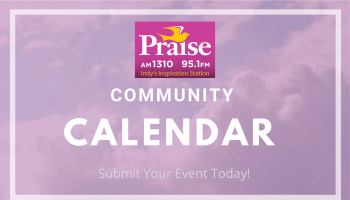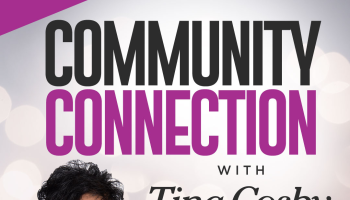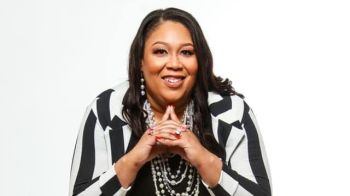
Source: Nitcharee Sukhontapirom / Getty
For today’s “Healthy Ever After” segment, we talk about depression. Do you know the symptoms? Do you know how to overcome it? How did the COVID-19 pandemic affect people with this mood disorder? Licensed psychologist Dr. Kweku Smith joins Erica and GRIFF to talk about depression and ways to overcome it.
READ MORE STORIES:
LISTEN BELOW
Want news at your fingertips? Text “ERICA” to 52140 to join our club. (Terms and conditions)
READ HIGHLIGHTS BELOW
ERICA: We’re talking about depression today. Can you define depression and how big of a problem is it in our society today?
DR. SMITH: Yeah, it’s many ways people can define it, but in a quick way. I just want people to know that it’s a mood disorder, and you know most of the time people get feelings of inadequacy. They feel extreme feelings of sadness, pessimism, and hedonia, which is just a fancy way of saying I don’t find pleasure in the things I used to find pleasure in, and in extreme cases there’s. Isolation from other people and things that we love.
ERICA: What type of impact did the pandemic have on the rates of depression?
DR. SMITH: Extremely. I tell everybody you know like however old you are. I said just add dog years to those years because what the pandemic did was it put us in a state of confusion like everybody was so nervous around the football game on Monday, they said we’ve never seen this on the football field, but that’s exactly what happened to us in the pandemic. Like we had never. Did this before that the country. Shut down. So when you said that what happened, you had people in financial distress, people in emotional distress. I know for a fact I couldn’t hug my own mother for a year. Straight because she was very cold. But conscious and I. Wasn’t in her bubble, so when we talk about the little things like that, accumulates and the hard thing for us specifically, as people and oppresses marginalized groups. Sometimes we are so resilient that we just keep moving on and we are like, hey, you know, no matter what happens, we’re gonna keep going and the truth is we do or we do it at a. Consequence in this to our health. And that’s when you saw the signs of depression.
ERICA: Let’s talk about the face of depression or signs of depression. But I also want to add how people hide it. What do you do when they are literally hiding it?
DR. SMITH: You know that. That’s the perfect question because so many times people say, well, what’s the face of depression? I tell people the face of depression is every face you see every day. When you’re walking out in the street. When you look in. The mirror, because there is no one specific, basically like those characteristics I described earlier. That’s what people look for. The person who said the person who’s isolated the person, those things that we can clearly see, and those aren’t things we want to see somebody crying all the time. But when we look at this, we think about comedians. You know the old saying, laugh clown.
Dr. Kweku Smith Talks How To Deal With Depression | Healthy Ever After was originally published on getuperica.com















